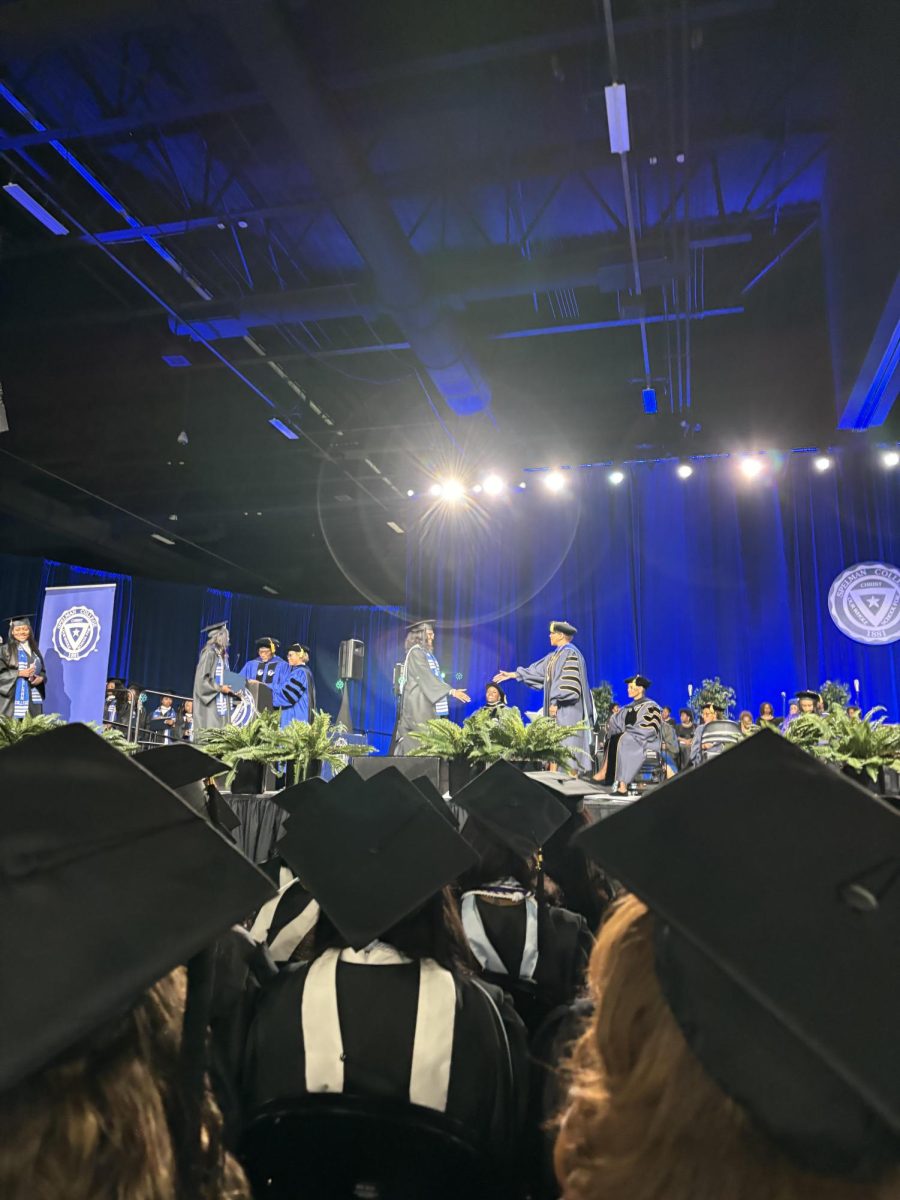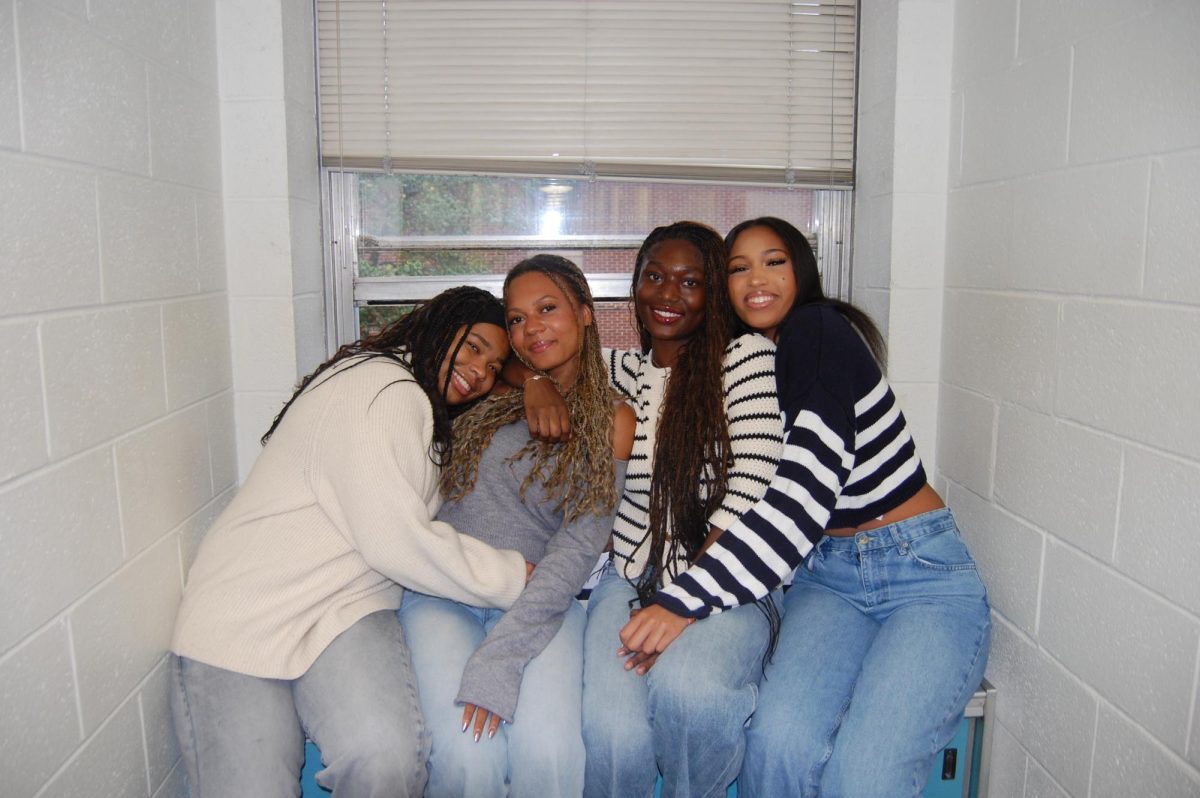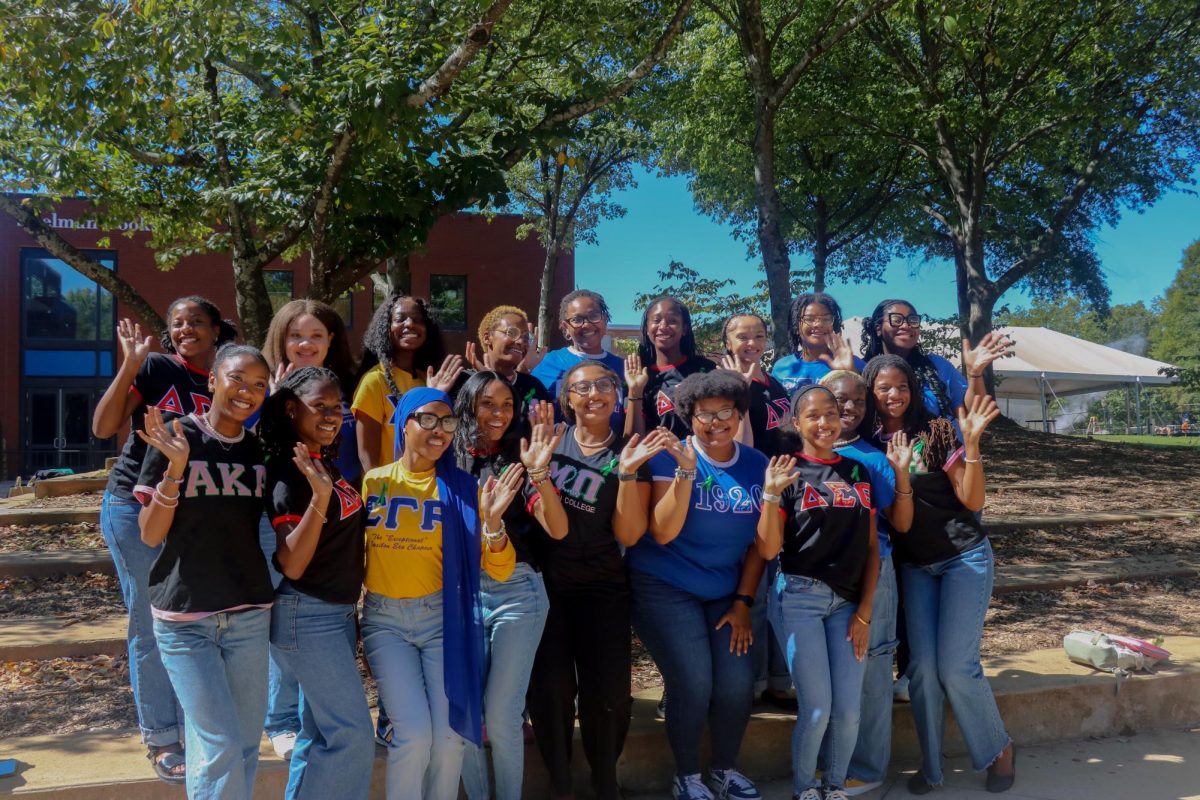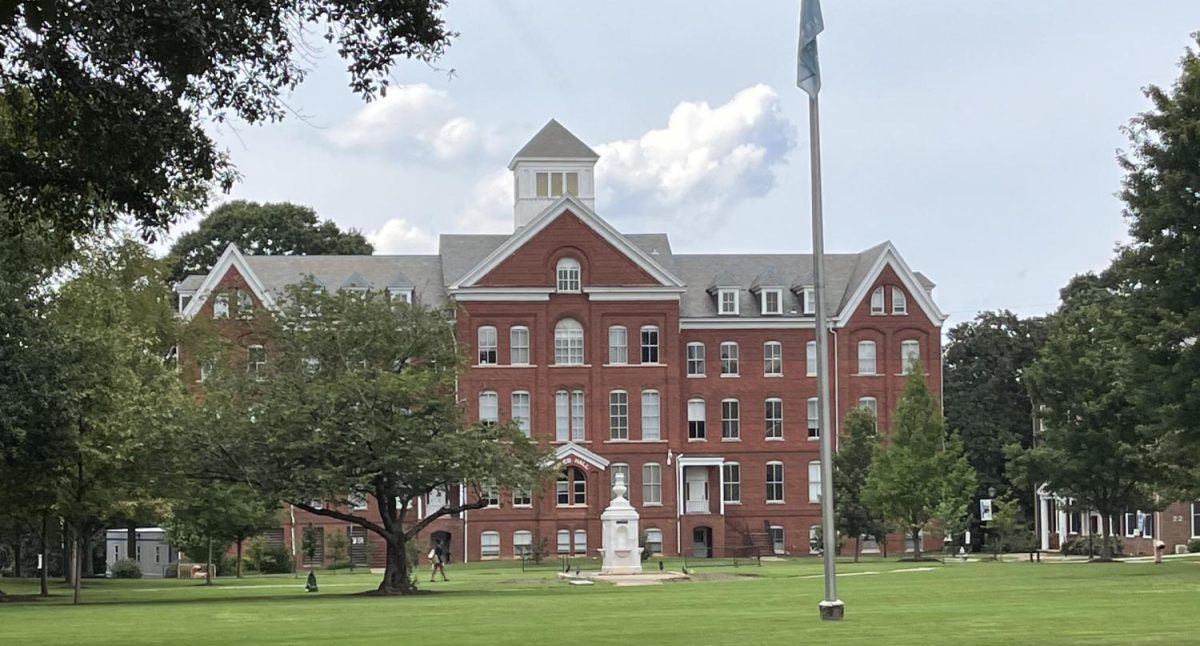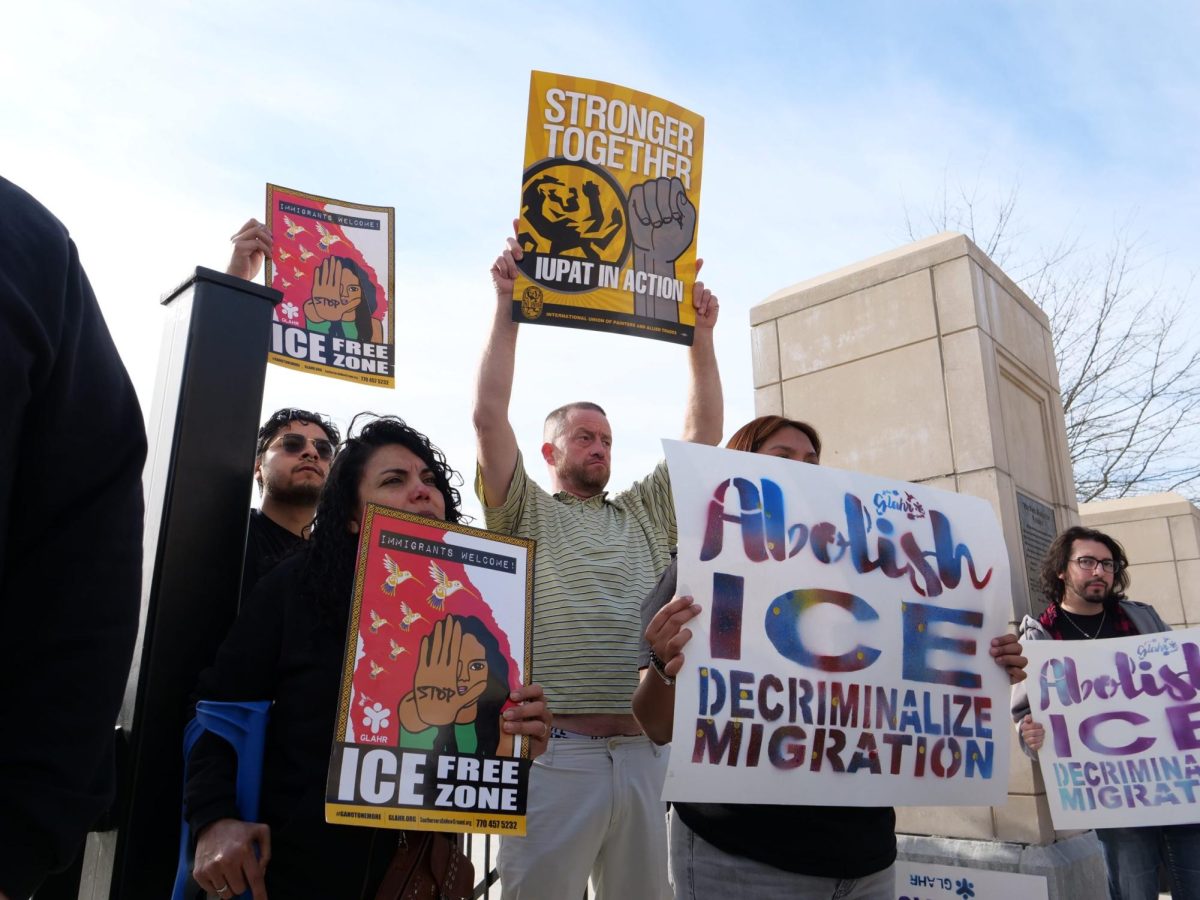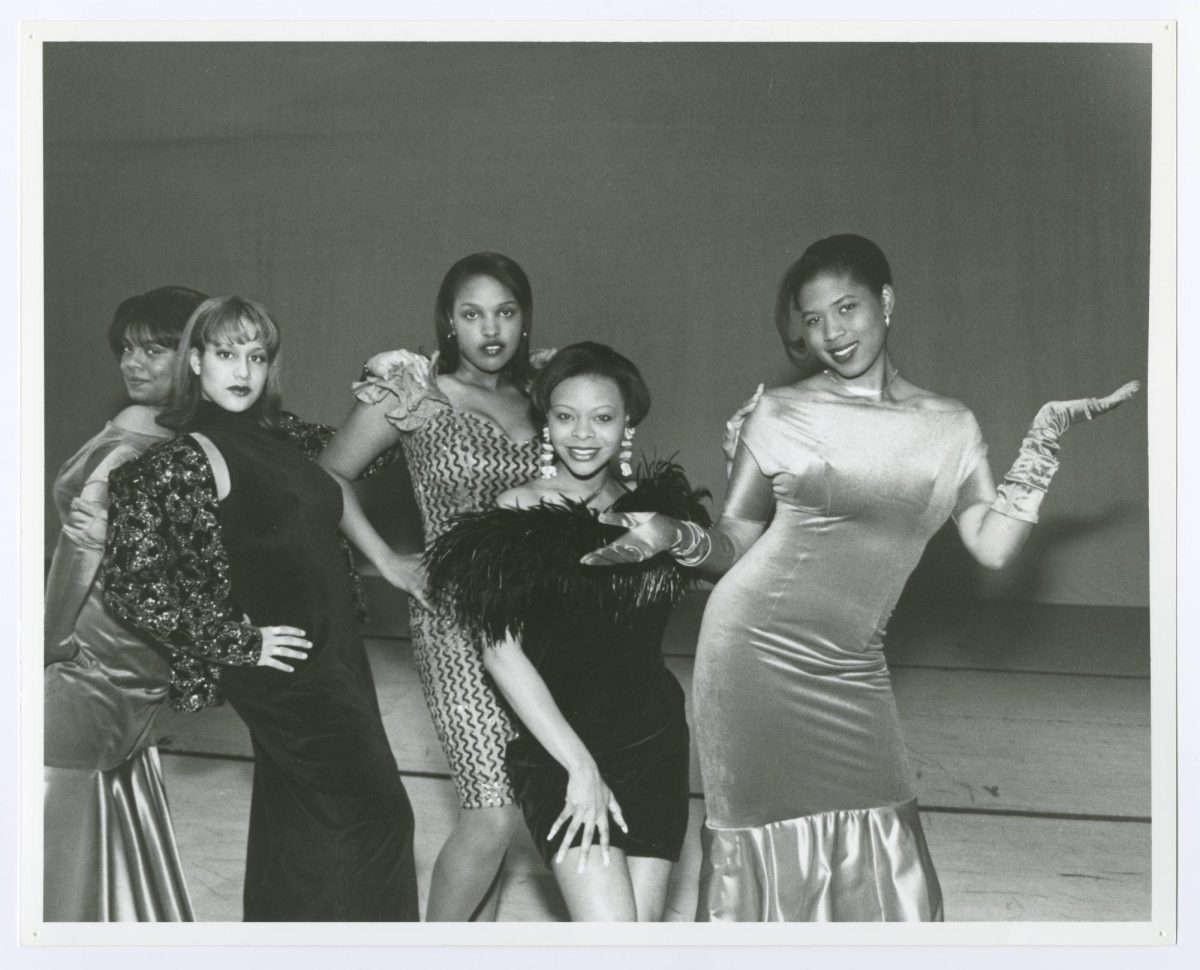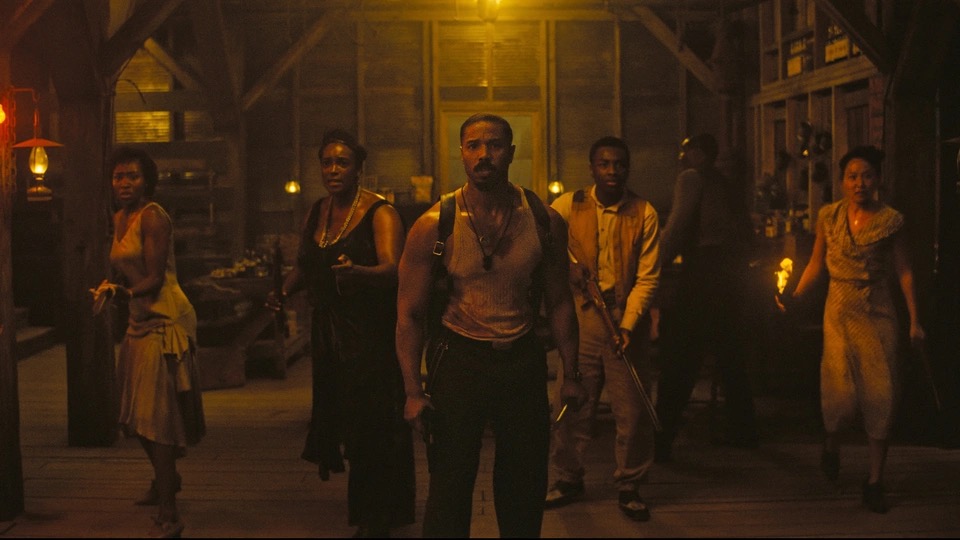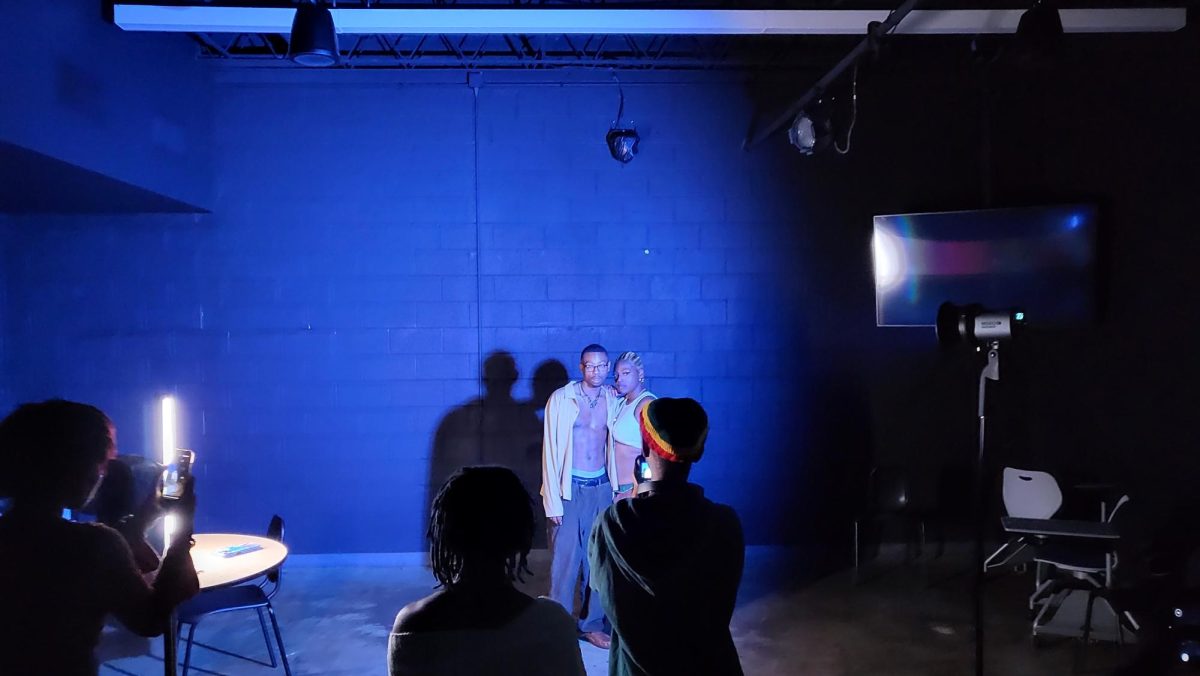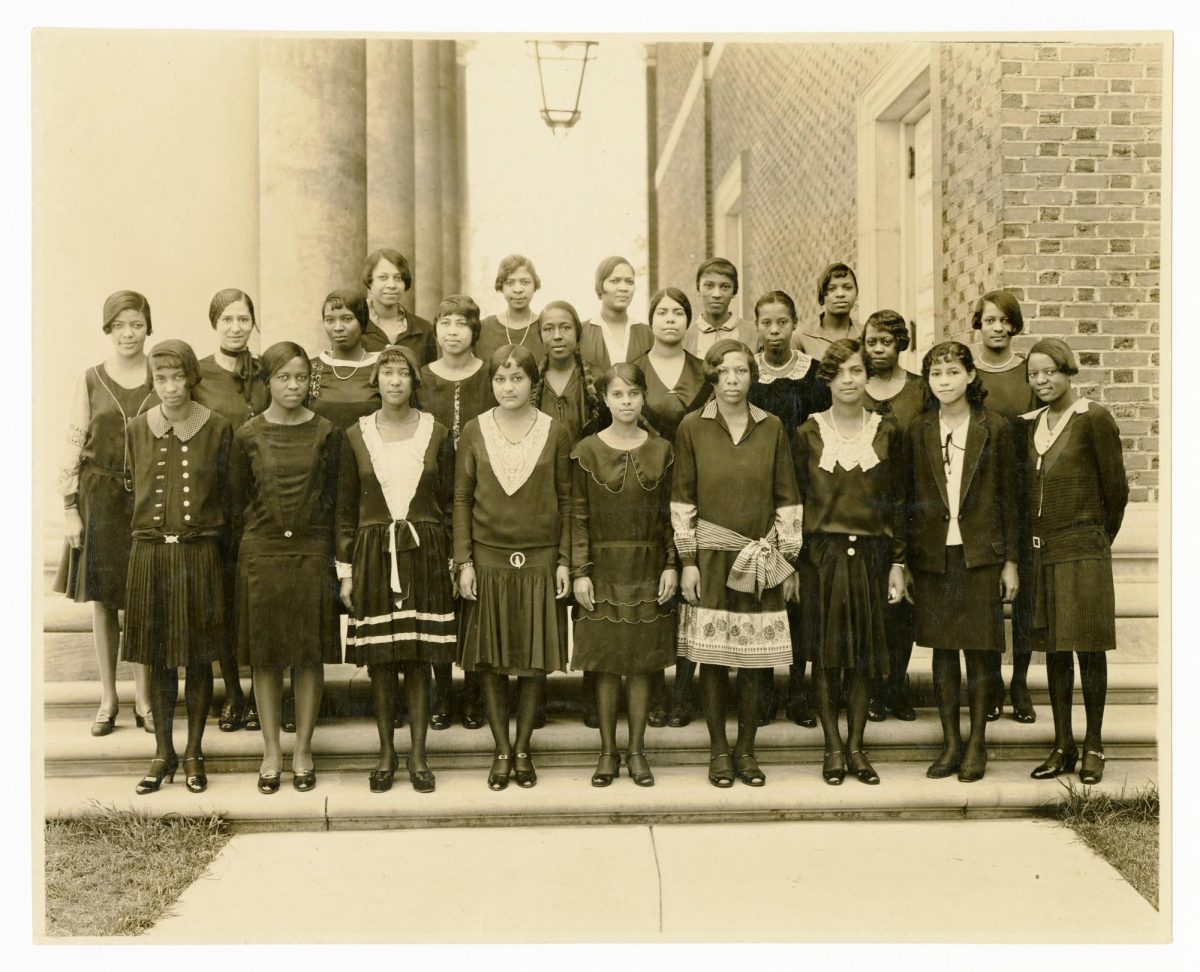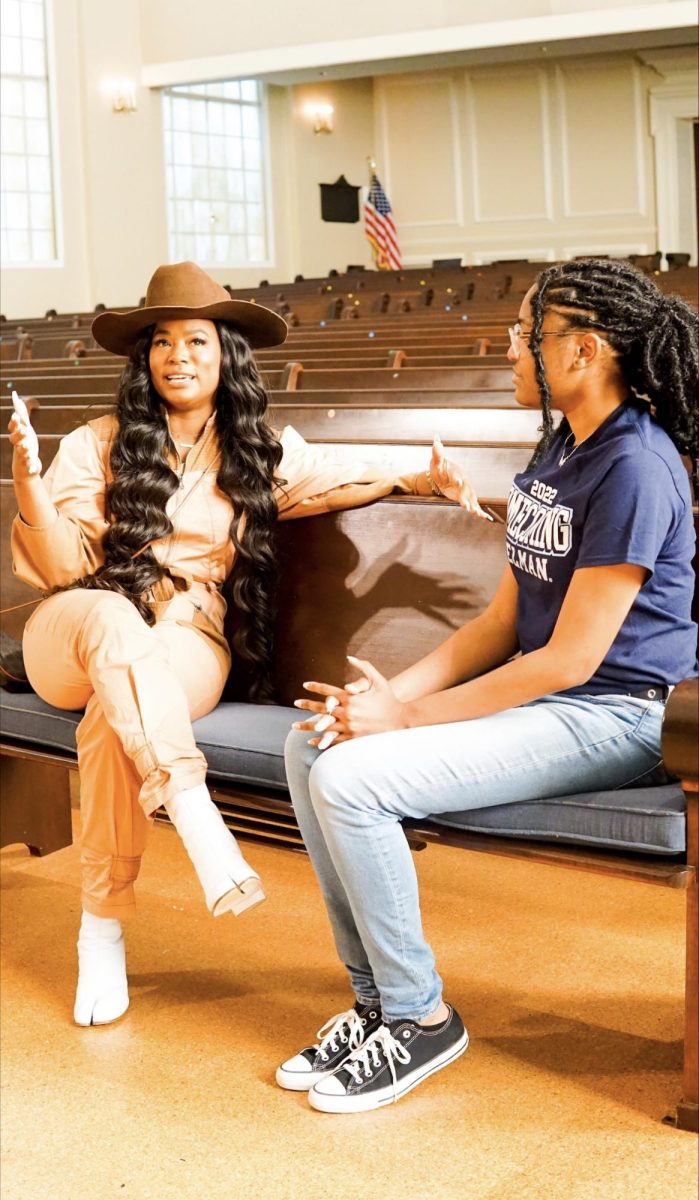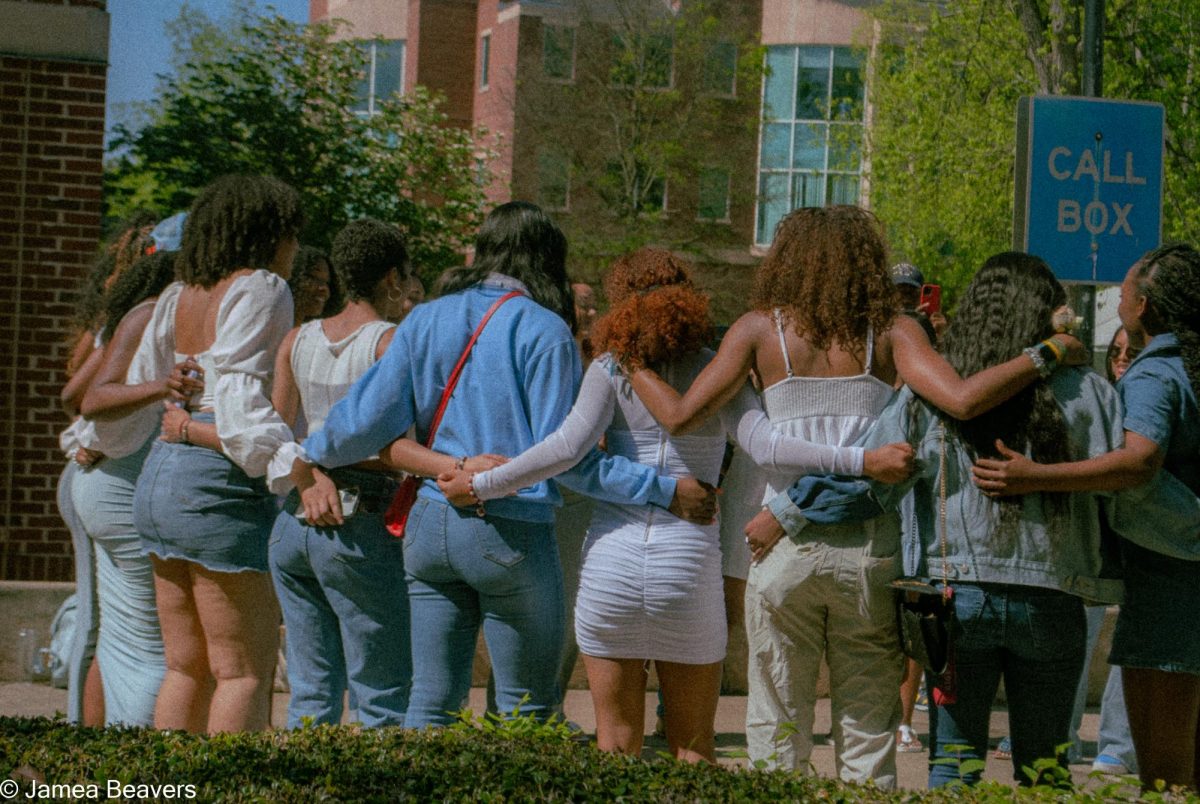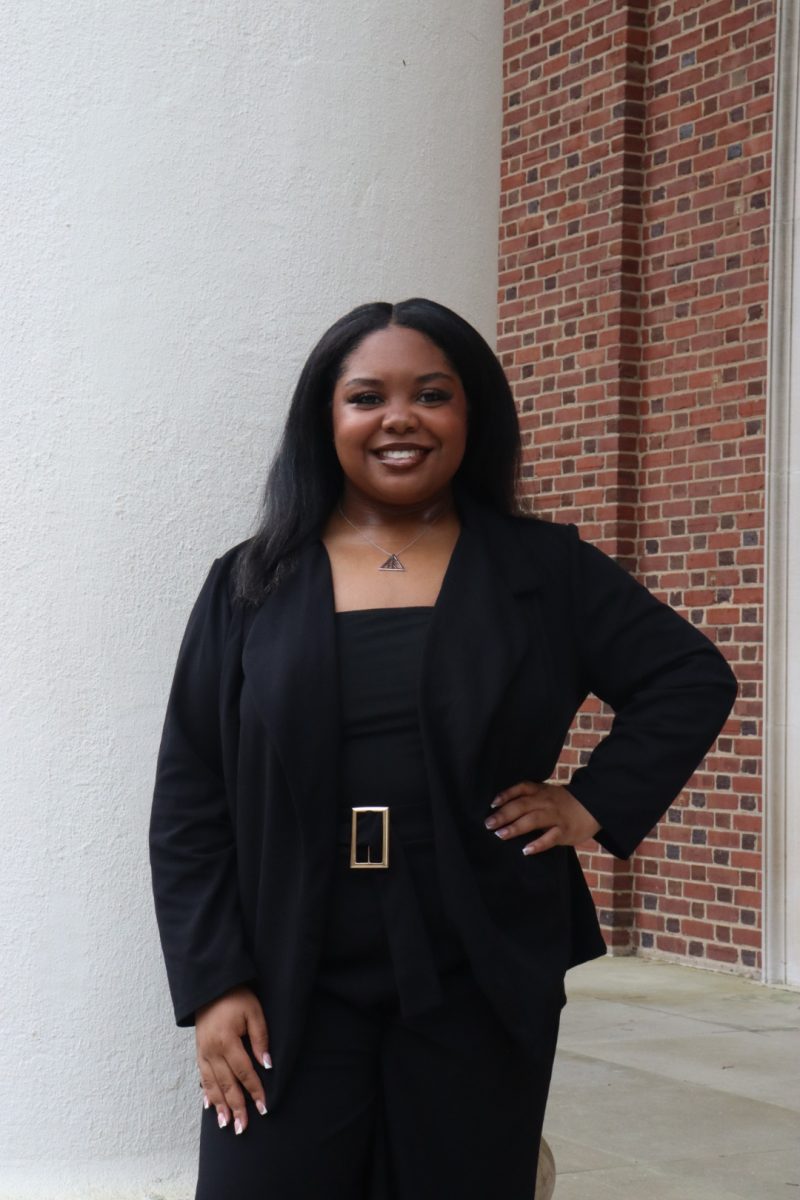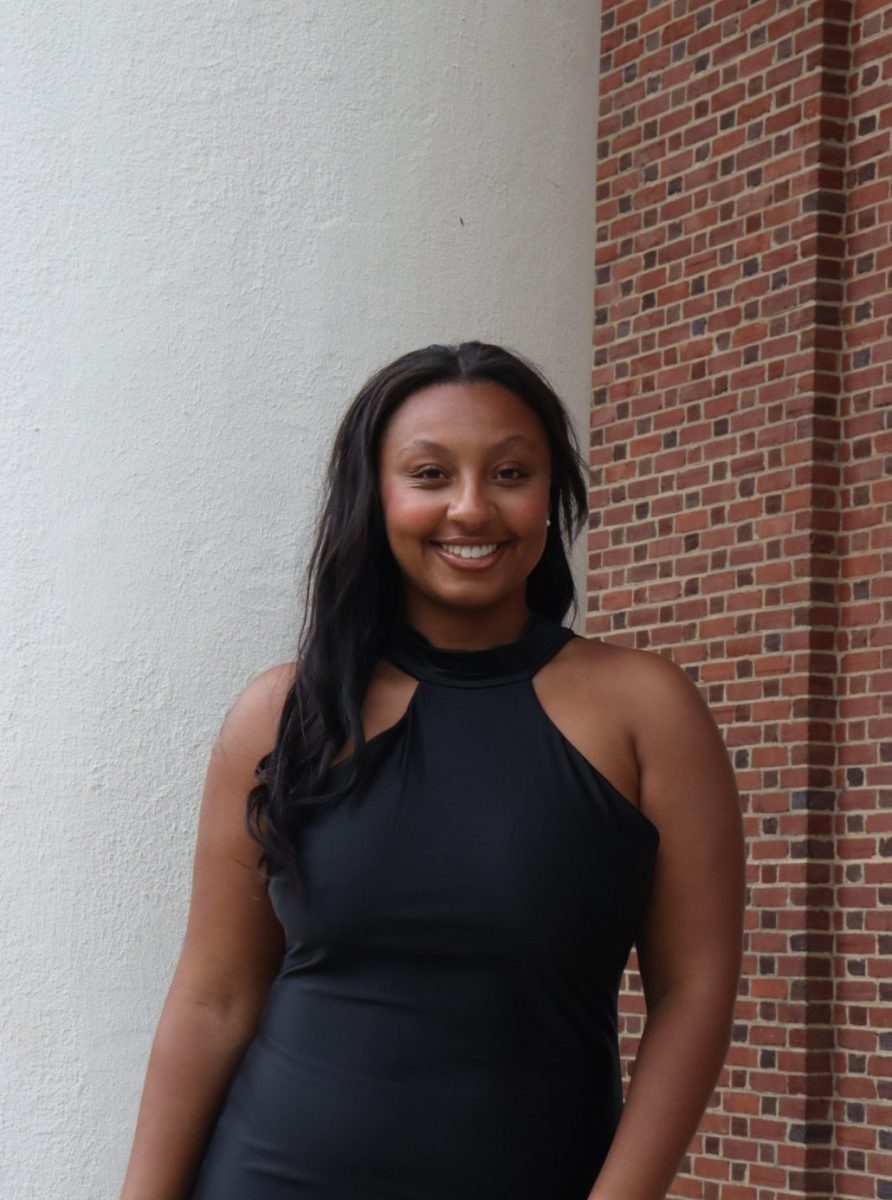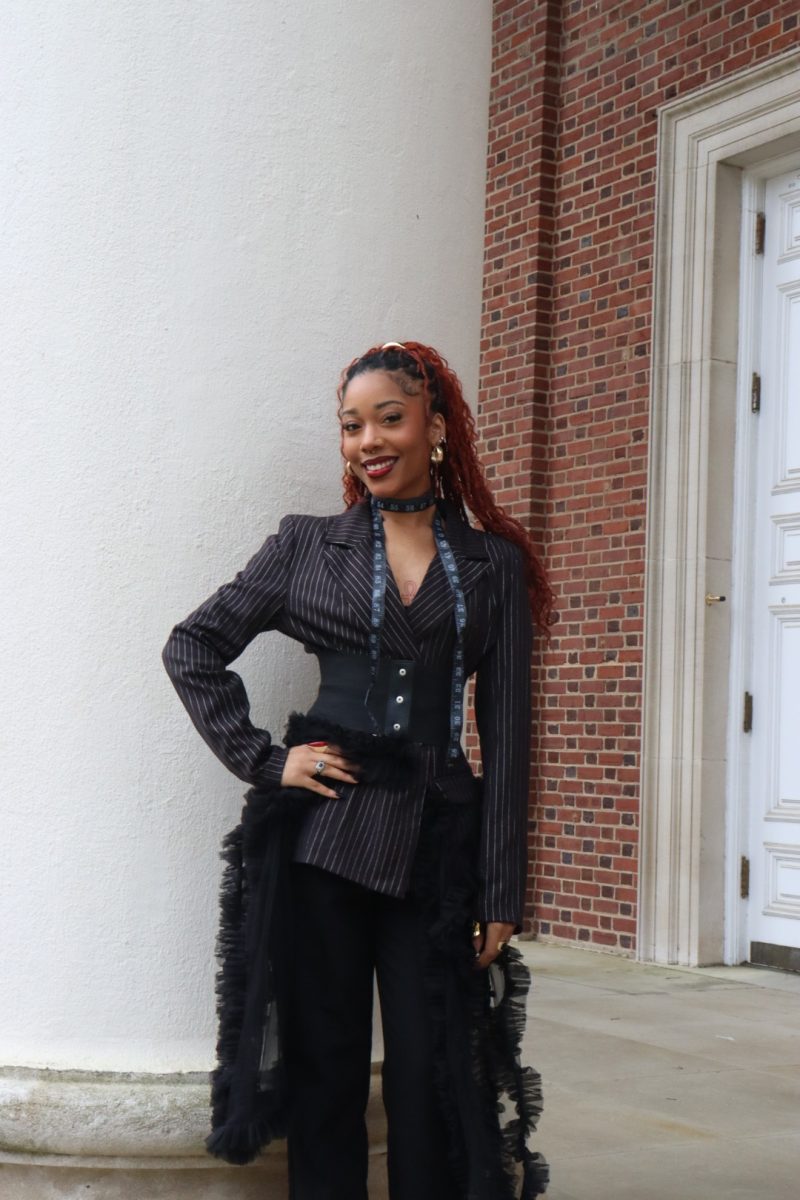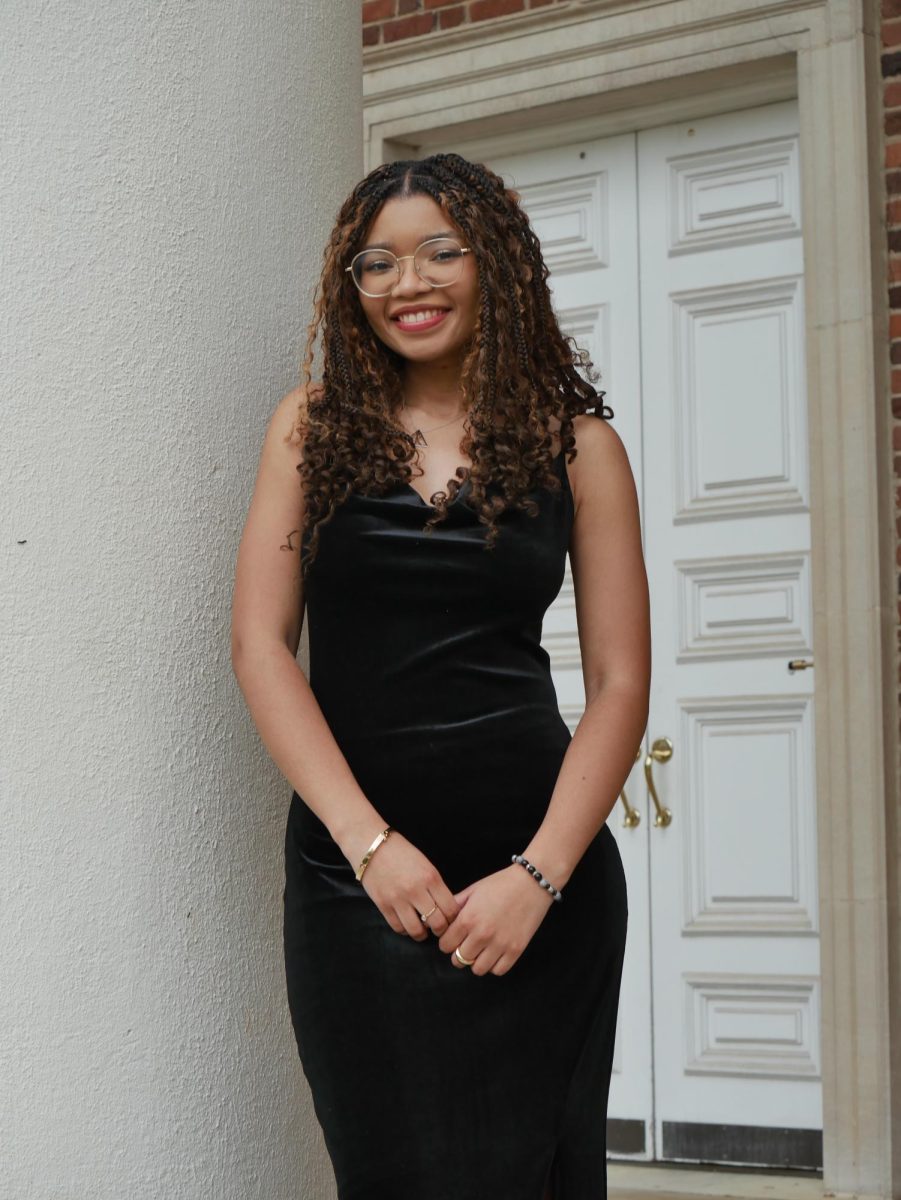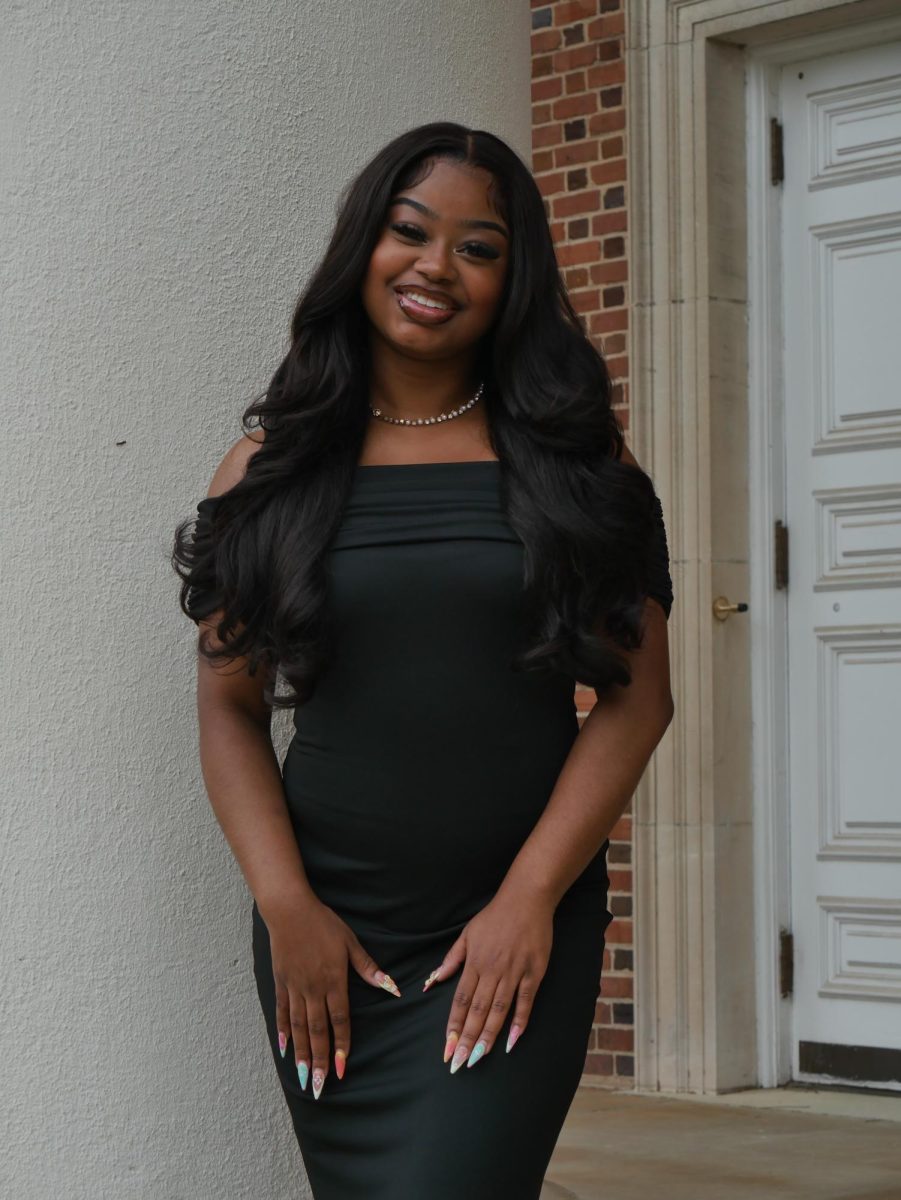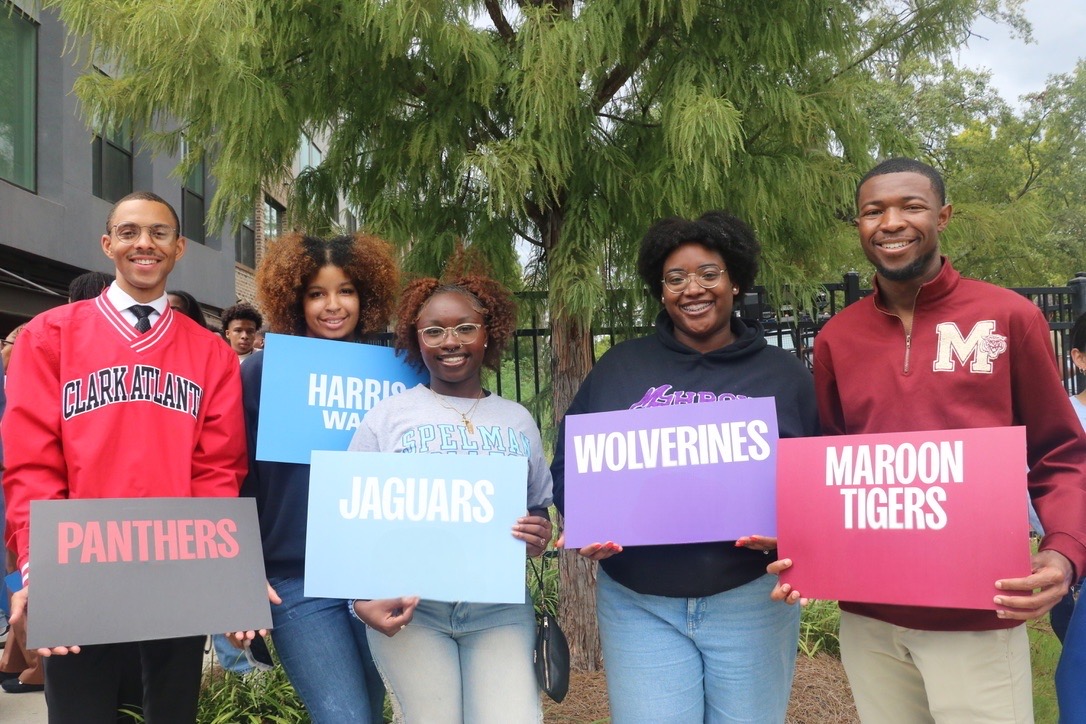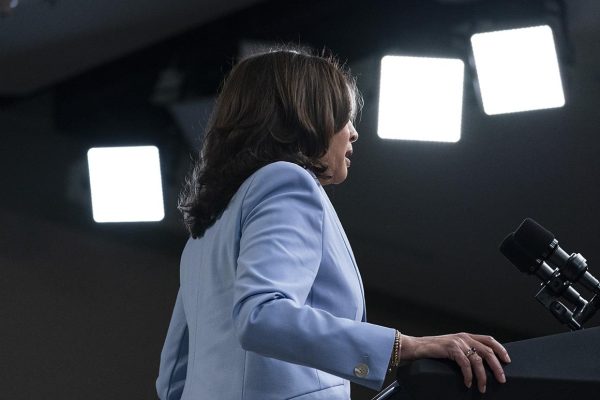
On July 15th, I arrived in Cape Town, South Africa, where I would then spend the next four months of my academic semester studying gender, philosophy, and sociology. Within the next week, I would accidentally witness the gruesome murder of Sonya Massey, Joe Biden dropped out of the presidential race, and Kamala Harris entered and is now the first Black woman to become the Democratic Presidential Nominee. As I begin to question the ways that a Black woman could potentially serve as the head of state, while, simultaneously, Black women and girls continue to be debased in every part of their identity, I am forced to navigate how my position as a Black American girl regulates the ways that I enter and move through the world at large.
When choosing to study at the University of Cape Town, the premier university in Africa, I was enthusiastic about taking courses in the African Feminist Studies Department, and attending events with the African Gender Institute (AGI). As a UNCF Mellon Mays Undergraduate Fellow, I have been exposed to the works of several Black feminist scholars who mentioned their time at the AGI and the way that it has informed their scholarship. Considering that my research is centered around Black Girlhood Studies, I was ecstatic to become involved in the institute and learn from professors as I began to theorize about my own experiences. However, what I didn’t expect is the way that I have been pushed to interrogate my own Americanness and the geopolitical privilege that I possess.
Never in my life have I heard the term “African-American,” as much as I have heard it in only just a month of being here. The discourse surrounding my identity, specifically my nationality, is something I had never expected to encounter – and maybe that was naive.
I reflect on my personal experiences, not only because it is a healing practice, but because to me, that is precisely what I envision for the Political Section of the Spelman Blueprint: a space where we are able to reflect, interrogate, and be free in our own scholarship in whatever way we choose to. I truly believe that the identity of Black Americans, specifically Black American girls, is sacred. Spelman is so unique in the way that it centers Black girlhood through the liberatory spaces that we find in our classrooms, and through platforms like the Spelman Blueprint. Already, we see the intentional erasure of Black Girl narratives, and in this way, I want to carve a space in politics where Black Girls can continue to share their knowledge unapologetically while reclaiming and building an archive for the future.
Last semester I had a conversation with Spelman Alumna, Moya Bailey, who, along with many other achievements, is the author of the book Misogynoir Transformed: Black Women’s Digital Resistance. She talks about this idea of digital alchemy, which refers to how Black women and girls transform regular media practices into tools for social justice. I encourage each writer of the Blueprint to situate themselves as digital alchemists as we take back the power to author our own stories while centering our analysis of the everyday politics that we encounter, simply for just being.

